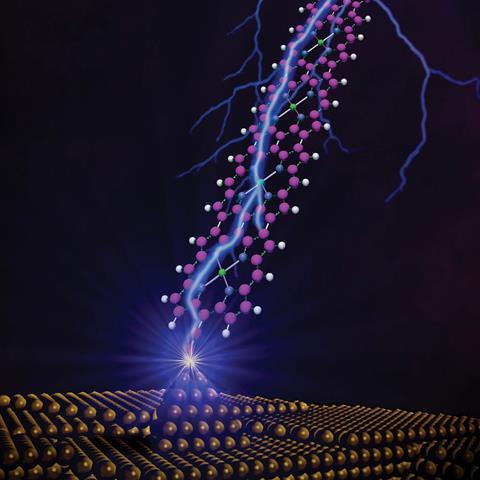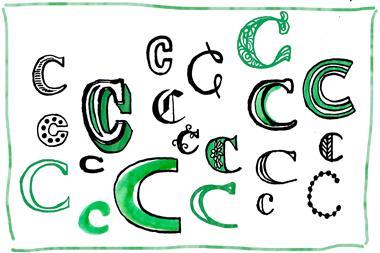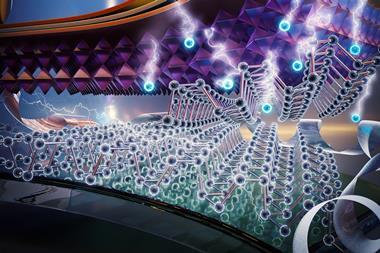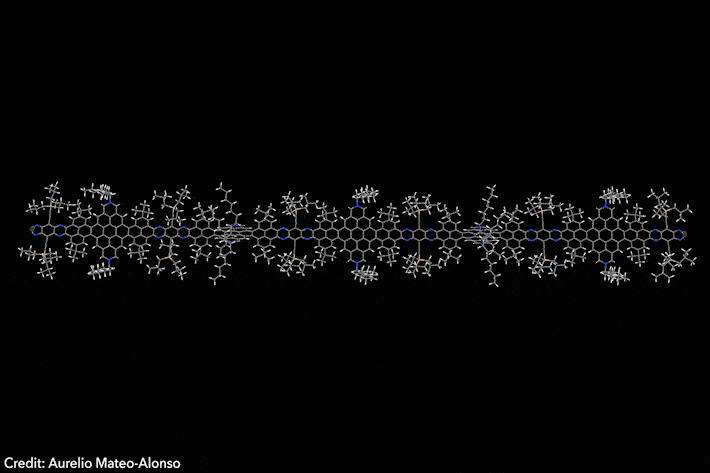Chains of fused porphyrin molecules are capable of transmitting charge over distances of several nanometres with ‘perfect’ conductance. These porphyrin nanoribbons could form the basis of electronic circuits built on the molecular scale.
Finding ways to transport charge efficiently has been a key problem for researchers aiming to design molecular-scale circuitry. Previous studies on π-conjugated molecules have generally shown an exponential decrease in conductance as the length of a molecule increases.
Now, a research team led by Harry Anderson from the University of Oxford, UK, and Edmund Leary from the IMDEA Nanoscience Institute in Madrid, Spain, has developed a type of molecular wire that can transport charge perfectly over distances up to 7.1nm. The wires are made of chains of porphyrin rings that are triply fused to one another. This allows for a highly efficient delocalisation of electrons and results in an extremely low energy gap between the molecules’ highest occupied molecular orbital and lowest unoccupied molecular orbital.

The researchers note that the work ‘proves it is possible for molecular wires in the 5–10 nm range … to have perfect electronic transmission’. The team is now planning to explore the limits of the nanowires’ exceptional charge transport and to ‘learn how to manipulate it’.
References
J-R Deng et al, J. Am. Chem. Soc., 2024, DOI: 10.1021/jacs.3c07734






![Cyclo[48]carbon [4]catenane](https://d2cbg94ubxgsnp.cloudfront.net/Pictures/380x253/4/6/3/542463_indexady6054_articlecontent_v2_18june3_70174.jpg)











No comments yet